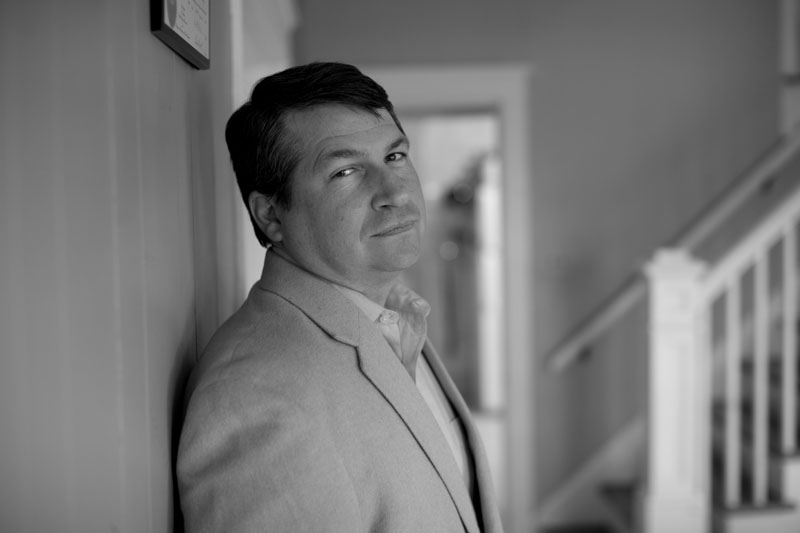In 2004, a postage stamp was 37 cents, a gallon of gas was $1.92, and American Idol was the number one show on TV. A lot has changed in the past 14 years, but one thing hasn’t: my commitment to Engineering Solutions and doing relationship-based business.
When I co-founded Engineering Solutions in 2004, there were a few items that I focused on, the biggest being relationships. No matter what field you are working in, everyone wants to work with someone that they know, like, and trust. That certainly hasn’t changed. Last year, our team dug into what makes us who we are and how we want to operate. We came up with five Core Behaviors that guide us:
- Proactive
- Personable
- Punctual
- Positive
- Productive
Our team integrates these Core Behaviors into everything we do. In this blog, I want to share how I use them in business development and building relationships.
• Proactive – Good clients and projects don’t magically pop up in your email (wouldn’t that be nice?). It takes consistent, intentional effort to find great clients. By the time a big project is announced in the press, it’s too late for us to be part of it. Being proactive means being out in the community asking others what exciting projects are coming up and how we can get involved.
• Personable – When you think “engineer”, do you think “social butterfly”? Something tells me the answer to that is “no”! As a group, engineers are usually introverts. However, when our clients meet our team, they realize we are different than the typical structural engineers that they have worked with in the past. In order to be the engineer that clients know, like, and trust, it takes conversation not just about work but also everyday life. As a relationship-based business with personable engineers, we genuinely take an interest in what is going on with our clients beyond their projects, which makes working together easier (and more fun).
• Punctual – Confession: I struggle with this constantly. For example, I was six days overdue on delivering this blog post! Being punctual can reap big rewards, and not being punctual comes with significant costs. Two years ago, I was at a mandatory pre-bid meeting for all contractors interested in bidding on the project. The meeting started at 9am, and at 9:03, a contractor who had trouble finding a parking spot walked in. The university apologized and said the meeting started at 9 and this contractor would not able to participate. I have no idea what the contractor’s manager said when the contractor had to drive two hours home and explain why they were not going to be able to bid on the project. I wonder how different we would approach meetings if we weren’t able to attend even if we were just three minutes late. We all have areas with room for improvement, and this is one of mine. Being punctual is a great way to show respect for our clients and our team.
• Positive – Everything feels better and runs more efficiently with a positive team. When the owner, architect, engineer, and contractor are all positive, everyone wants to be part of the team. When everything is going well, being positive is easy. But what happens when something goes wrong? Often, people are quick to point out that it wasn’t their fault, which turns into a negative blame game all around. In the end, it doesn’t make a difference whose fault it was. Our structural engineers keep in mind our common goal: how do we get to the desired result for the project without beating each other up in the process? Positivity empowers us to not point fingers, and we are able to move forward with what needs to be done to get the project back on track. If you haven’t yet, check out this great article written by Bryce G. Hoffman: Nine Things I Learned from Alan Mulally. In this short article, Hoffman describes the “boardroom backstabbing” that was happening at Ford Motor Company and how Mulally turned the environment around into a positive environment. It’s something we can all learn from and apply in our lives and our lines of work.
• Productive – When meeting with new clients, it’s difficult to measure the productivity during the first few meetings. The first time we meet, it’s not necessarily because there is a project on the table, although I would love that and certainly wouldn’t turn it down! Usually, the first meeting is to determine if we would be a good fit. As a relationship-based business, the focus is about building a strong team and then figuring out which projects would be the best for this team. Everyone wants to work with people they know, like, and trust, and the first few meetings are a great way to establish those traits.
Business development isn’t just a glorified sales term. It’s about fostering a relationship, growing a client and our business together, and finding that perfect project as a team. We have clients that have been with us since a postage stamp was 37 cents – or in other words, from the beginning. Good business is timeless. If you are ready to have a structural engineering firm that values the relationship over the one-and-done project, give us a call.

